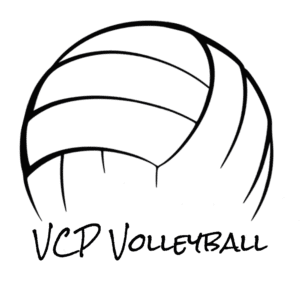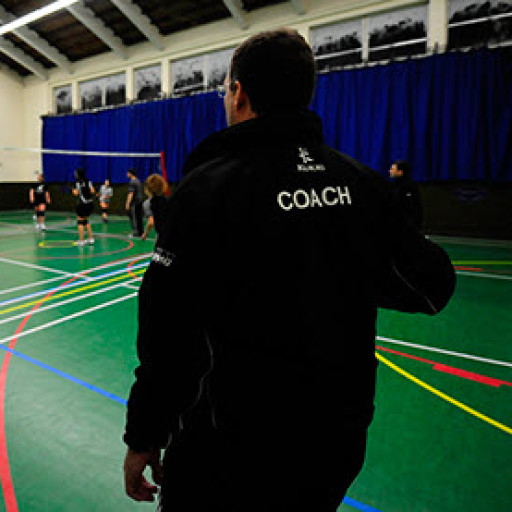Sports psychologist Dan Abraham, who I’ve mentioned before, offered up what he called seven quick ideas for coaches. They’re simple in concept, but he does suggest they deserve some thought. Here they are, with some of my own thoughts.
1. For players to learn through instruction, information needs to be encoded deeply.
- Make sure they’re paying attention…all eyes on you!
- Communications must be short & understandable (lean & lucid)
- Give them a chance to ‘picture’ what you’re explaining
- Check their understanding
I would call all this pretty standard teaching approach. I’ve written before on that second one – keeping talk to a minimum.
2. Help your players build their leadership toolbox by:
- Including more collaboration during activities. In other words, give them chances to experience leadership
- Negotiating type of leadership: by action, by instruction, by energy…which type fits each individual best?
- Seeing leaders as an extension of coaches…create informed leaders (flatten the coach-player hierarchy)
An potentially important element of the first bullet is unstructured play where players are encouraged to work together on solutions. And we can do that in a structured way as well. Leadership development is always something worth thinking about.
3. The human cognitive architecture for visualization includes:
- Central executive….choose it!
- Phonological loop….say it!
- Visuo-spatial scratchpad….see it!
Help players choose what to visualize (“Tell me about your best”). Help players to say it and see it…in detail!
This kind of ties in with the 3rd bullet from #1 above.
4. A key to learning is attention!
- Attention is driven neurochemically by the release of:
– Dopamine (interest)…reward
– Norepinephrine (alertness)…threat - Make activities:
– Personally meaningful for each player…reward!
– Collaborative (social)…reward!
– Challenging and pressurized…threat!
I love that last one. It talks to both finding ways to put players in pressure situations in practice, and to more generally keep them challenged.
5. Helping players develop relevant cue words & phrases prior to a game can help limit the amount of spontaneous self-talk they experience during the game (that can distract from picking up environmental clues).
Prepared cue words & phrases decrease thinking during a game!
It occurs to me that I haven’t written much of anything…
Click Here to Read the Full Original Article at Coaching Volleyball…

